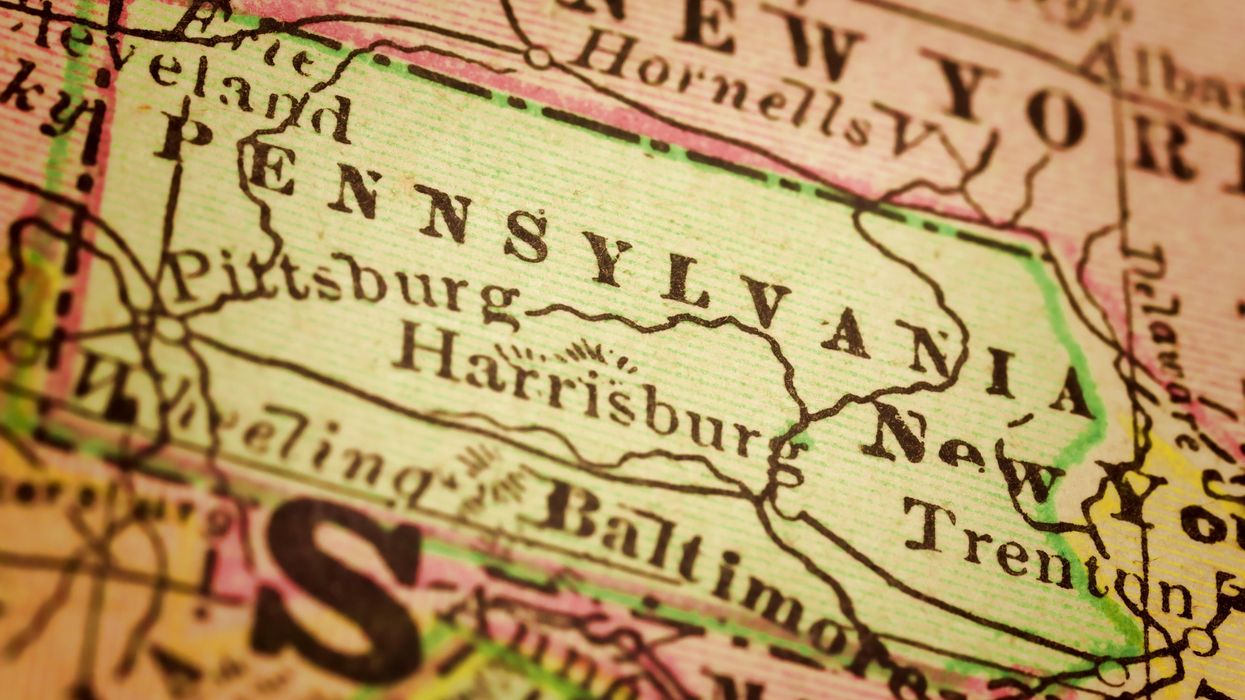About three quarters of states have finished drawing their new congressional maps for the coming decade. As more states conclude the process, courtroom wrangling over partisan gerrymandering is heating up.
Pennsylvania’s Supreme Court settled on a new congressional map on Wednesday, avoiding a potentially fascinating call for at-large elections. And recent legal maneuvering in Alabama and Arkansas indicates partisans believe there is still advantage to be gained through the courts regardless of how mapmakers complete their assignments.
Pennsylvania’s congressional primary is set for May 17. Alabama and Arkansas are both scheduled to hold primaries on May 24.
Alabama
Perhaps the most important case involves the new congressional map in Alabama, which the Supreme Court will consider in the fall.
A lower court ruled in January that the map signed into law in November 2021 violates the Voting Rights Act by diluting the voice of Black voters. The new district lines, drawn by Republican legislators and approved by a Republican governor, include one majority-Black district, even though Black people represent 27 percent of the state’s population, a slight increase from the 2020 census.
The district court ordered new maps to be drawn but Alabama’s attorney general appealed the ruling, and the Supreme Court announced it would hear oral arguments in October. In agreeing to hear the case, the Supreme Court also directed the state to proceed with its elections using the approved maps.
“The stay order is not a ruling on the merits, but instead simply stays the District Court’s injunction pending a ruling on the merits,” Justice Brett Kavanaugh wrote.
Alabama’s congressional map was included in a list of a dozen “ extreme gerrymanders ” produced by the cross-partisan democracy reform organization Issue One.
“In 2020, then-President Donald Trump carried Alabama by 25.4 percentage points — winning 62% of the vote compared to Joe Biden’s 36.6%. Yet experts predict that Republicans will likely control 86% of the state’s seats in the U.S. House of Representatives under the new map passed in the state legislature by Alabama Republicans without any support from Alabama Democrats,” the report states.
Arkansas
Advocates for tossing out the new state House map in Arkansas suffered a setback on Tuesday, when a federal judge dismissed their case.
U.S. District Judge Lee Rudofsky ruled that the plaintiffs —the Arkansas Public Policy Panel and the Arkansas State Conference NAACP — had no standing to bring the case once the Justice Department decided not to get involved, reports NPR’s Little Rock affiliate.
According to the two groups, Arkansas mapmakers should have created 16 majority-Black districts (out of 100), rather than the 11 they approved. Nearly 17 percent of the Arkansas population is Black.
Pennsylvania
The most unusual move of the week occurred in Pennsylvania, where a group of Republicans asked the state Supreme Court on Monday to refrain from picking a congressional map. Instead, they want all of Pennsylvania’s U.S. House members chosen in an at-large election. However, the state Supreme Court set that argument aside and picked a map on Wednesday.
Pennsylvania’s Democratic governor, Tom Wolf, vetoed the congressional map approved by the Republican legislators. That action moved the battle to a state court that was tasked with recommending a final map to the state Supreme Court. The lower court recommended the GOP map to the top court, which is dominated by Democrats.
And the Supreme Court picked a proposal, known as the Carter map, that is favored by Democratic plaintiffs but also beneficial to Republicans, according to The Philadelphia Inquirer.
The selected map appears to be an acceptable compromise in a field where outside groups were also able to offer proposals.
“While we are disappointed that our proposed map was not selected, we believe that the Carter plan successfully holds most of the state’s communities of interest together, includes reasonably compact districts, and likely will produce a congressional delegation roughly in line with the preferences of voters across the state,” said Ben Geffen, an attorney representing a group of voters.
The lawsuit, brought by five Republicans (including two congressional candidates and a county commissioner), had argued the U.S. Constitution bars state courts from getting involved in congressional elections. They point to the elections clause, which empowers legislatures, not the courts.
According to the Pennsylvania Capital-Star, the plaintiffs believe that because the state is losing a congressional seat, a federal law requires Pennsylvania to conduct an at-large election in which all candidates would appear on every voter’s ballot.
That law states that when a state loses a U.S. House seat, “Until a State is redistricted in the manner provided by the law … [members of the House] shall be elected from the State at large.”




















Trump & Hegseth gave Mark Kelly a huge 2028 gift